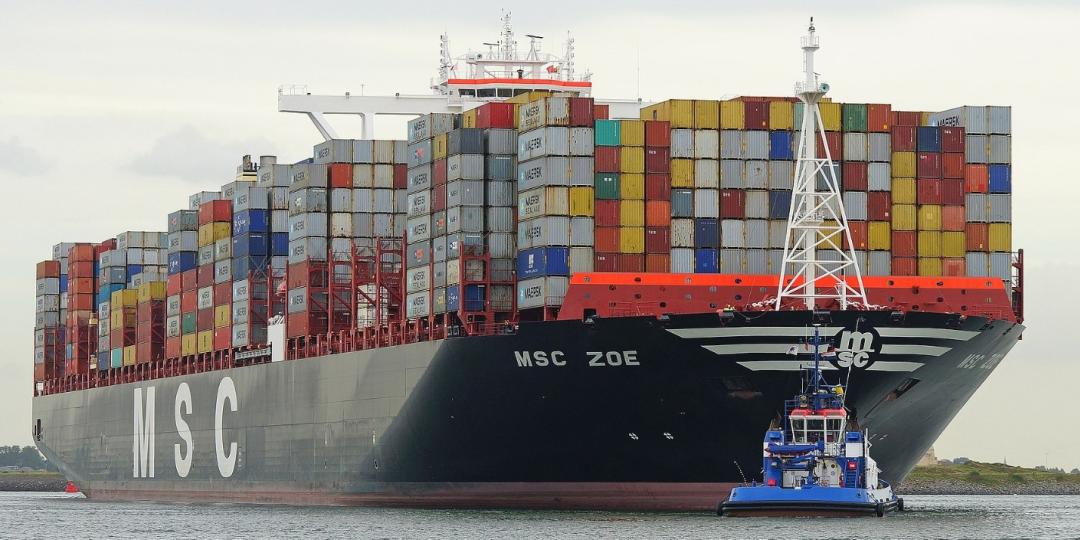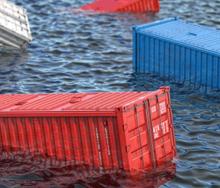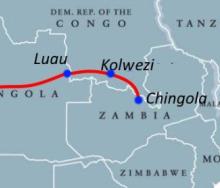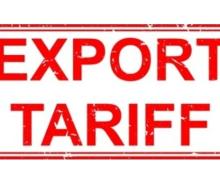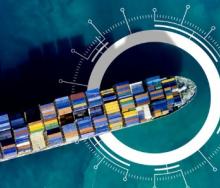The global container shipping industry is becoming increasingly concentrated, with the latest data showing that shipping alliances, together with Mediterranean Shipping Company (MSC), now control more than 80% of the world’s total container capacity.
According to updated figures from maritime consultancy Alphaliner, carriers that are part of formal shipping alliances hold a combined market share of 82.1%. These carriers do not dedicate their entire fleets to alliance operations, but their collective influence remains substantial.
MSC, which operates independently, has grown rapidly to secure a 20.6% share of global box capacity as of June 2025. MSC is not an official part of an alliance but it is frequently included in discussions on alliances due to its size and global reach.
According to Alphaliner, the industry’s alliance landscape is shaped by several major groupings:
- Gemini Cooperation (Maersk and Hapag-Lloyd): The newly established partnership between Maersk and Hapag-Lloyd, known as Gemini Cooperation, has taken hold of a 21.6% market share. The cooperation is aimed at creating more streamlined and sustainable service offerings across critical trade routes.
- Ocean Alliance (CMA CGM, COSCO, Evergreen, OOCL): This long-standing alliance maintains its position as the largest in terms of capacity, holding a 28.4% market share. The grouping continues to dominate on key east-west trades and remains central to global supply chains.
- The Premier Alliance (ONE, HMM, Yang Ming): The Premier Alliance has a collective 11.5% share and plays a significant role, especially on trans-Pacific and intra-Asia routes, bolstered by recent investments in fleet renewal and digitalisation efforts.
The data also underscores a sharp divide in market control. Non-alliance carriers now account for just 17.9% of global capacity, highlighting the tightening grip that alliance-affiliated operators hold over major trade lanes.
The trend towards greater consolidation has sparked debate among shippers and regulators. While alliances offer operational efficiencies and help stabilise networks, concerns persist around service quality, competition, and freight rate volatility.
As carriers continue to prioritise cooperation and scale, the market share concentration signals that independent players may find it increasingly challenging to compete on the largest and most lucrative trades.
The alliances and MSC collectively control more than four-fifths of global container shipping capacity, which means the industry’s future will hinge on how these stakeholders balance commercial goals with service reliability and environmental commitments.
Source: Container News
